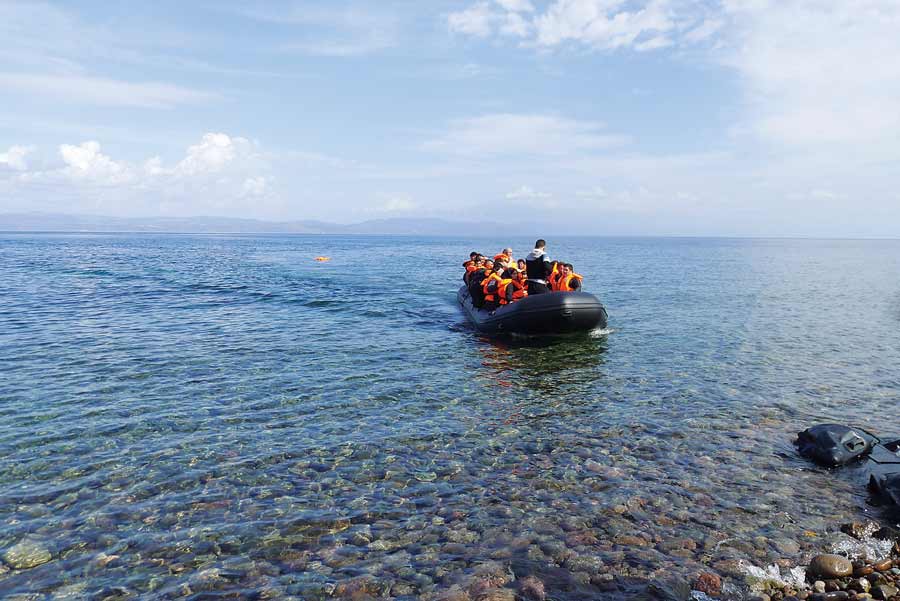Over 1.82 million migrants entered the EU in 2015 and this has triggered much dialogue across member states. In May 2015, the Archbishop of Malta, H.G. Mons Charles J. Scicluna, after the Vatican announcement of the Year of Mercy, reached out to the academic community to reflect on the immigrant phenomenon. This call set in motion The Mercy Project, which aims to create a set of reflections and recommendations around immigration.
The project has four stages. It first reflected on the issues of mercy and immigration within the Maltese context. During this stage, staff members from various University of Malta (UoM) faculties explored the local situation, reflecting on the terminology used, prevailing concepts and current practices. This was followed by a second stage. Academics held meetings to discuss various viewpoints and realities around migration. Those involved included members from the Faculties of Theology, Arts, Social Wellbeing, Laws, Education, and Health. At the third stage, a symposium on ‘Mercy and the Immigrant’ was held on 6 June 2016. The symposium brought together interested parties and agency representatives to reflect on the issue. This provided a platform for a dialogue between theologians and society. Rev. Dr René Micallef S.J. (Gregorian University in Rome) spoke about the mercy, justice, and policies needed to be considered by Malta and the rest of the EU.
The final forth step is underway. A publication of the project’s position papers is being prepared. This will make available to various sectors of the public some of the philosophical, social, legal, educational, and theological ideas which surfaced during the project’s dialogues and consultations. It will provide concrete recommendations for the University of Malta, State, and the Church.





Comments are closed for this article!